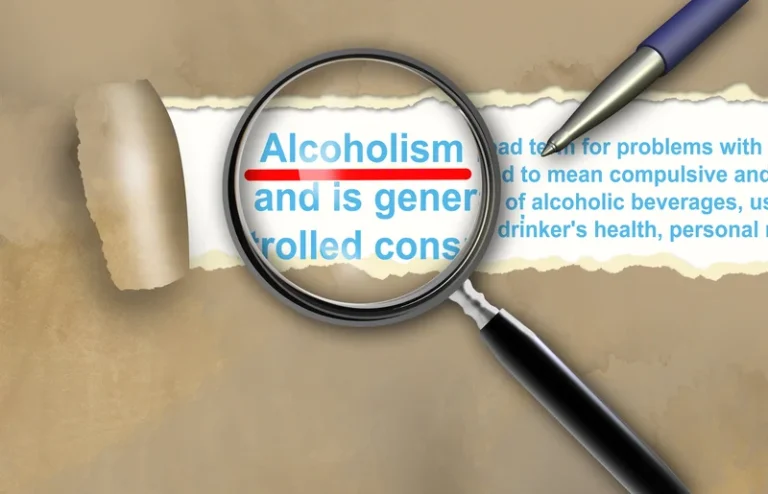
Understanding and recognizing the symptoms of alcohol intolerance is crucial for individuals who experience adverse reactions to alcohol. If you suspect you have alcohol intolerance, it’s important to seek medical advice to determine the underlying cause and develop an appropriate management plan. It is crucial to differentiate alcohol intolerance from other reactions to alcohol, such as alcohol allergies or alcohol sensitivity. While alcohol intolerance is what causes alcohol intolerance primarily related to the body’s inability to metabolize alcohol, alcohol allergies involve an immune system response to specific components in alcoholic beverages. Alcohol sensitivity, on the other hand, refers to a heightened sensitivity to the effects of alcohol, even in small amounts. If someone believes they have an alcohol allergy or intolerance, they should stop drinking alcoholic drinks and visit their healthcare provider for testing and advice.

Ice Pick Headache
Alcohol intolerance is still normally uncommon in people with these types of conditions. The antibiotic metronidazole (Flagyl) can cause alcohol intolerance while being used. Another medicine called disulfiram (Antabuse) is actually designed to cause alcohol intolerance to help people stop drinking.
Immediate Symptoms
Alcohol intolerance occurs when your body doesn’t have the proper enzymes to break down (metabolize) the toxins in alcohol. This is caused by inherited (genetic) traits usually found in Asians. If you drink a beverage that causes a mild reaction, over-the-counter antihistamines might help relieve symptoms. However, for a https://ecosoberhouse.com/article/5-great-tips-for-being-sober-around-drinkers/ severe skin reaction, weak pulse, vomiting or trouble breathing, seek emergency help right away, as you could be having an anaphylactic reaction. With a serious illness, it’s better to abstain from alcohol to avoid further taxing the body. Doing so will also give it the best chance of fighting the illness effectively.
New Approach Accurately Identifies Medications Most Toxic to the Liver
- Attacks last about 10 seconds and cause nausea and light and sound sensitivity.
- In rare cases, pain after drinking alcohol might be a sign that you have Hodgkin’s lymphoma.
- By working with your healthcare provider, you can develop a plan for managing your symptoms and avoiding triggers that can lead to discomfort or more severe reactions.
- Alcohol intolerance increases the severity of asthma if the person with the intolerance already has asthma.
Some people may experience allergy-like tolerance changes, which can make them more sensitive to alcohol over time. This can happen even if they have previously been able to tolerate alcohol without any issues. When alcohol enters our system it impacts our motor skills, memory, and emotional responses. This is why even a small amount of alcohol impacts our judgment and ability to drive, while a moderate amount can impair our ability to form memories. Daily drinking can have serious consequences for a person’s health, both in the short- and long-term. Many of the effects of drinking every day can be reversed through early intervention.
- For a minor reaction, over-the-counter or prescription antihistamines might help reduce symptoms, such as itching or hives.
- Many breweries and wineries now offer non-alcoholic versions of their products that taste similar to the real thing.
- One of the most important steps in managing alcohol intolerance is to identify and avoid the specific triggers and beverages that cause adverse reactions.
- If alcohol intolerance is complicating an already challenging relationship with alcohol, seeking professional help can be even more critical.
What Is It Like to Stop Drinking for Dry January? 3 Women Open Up About Their Experiences

Why can’t I drink alcohol anymore without feeling sick?


Recent Comments